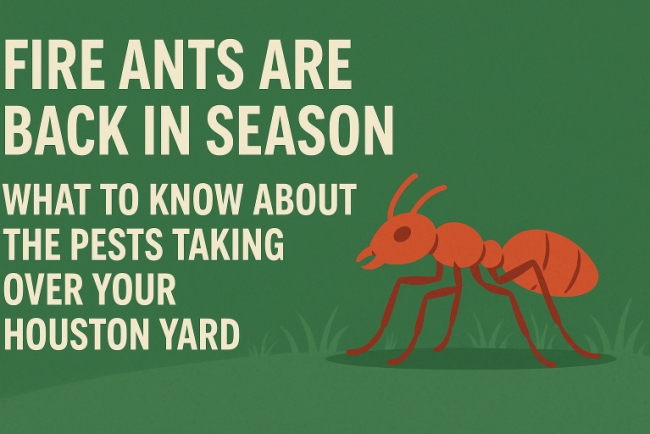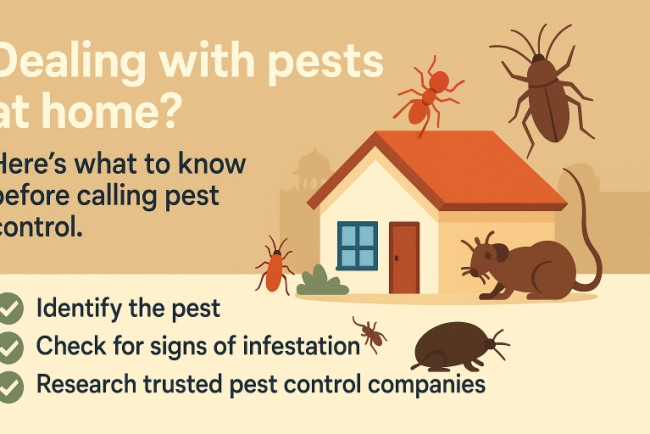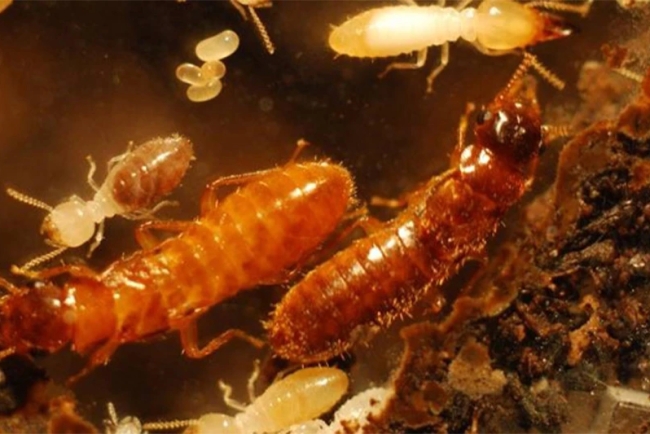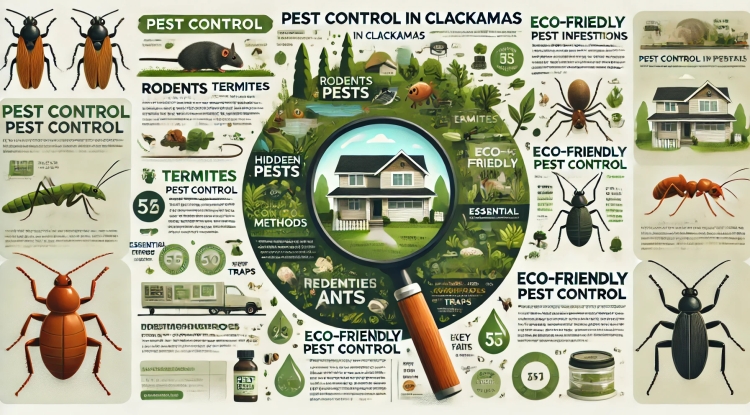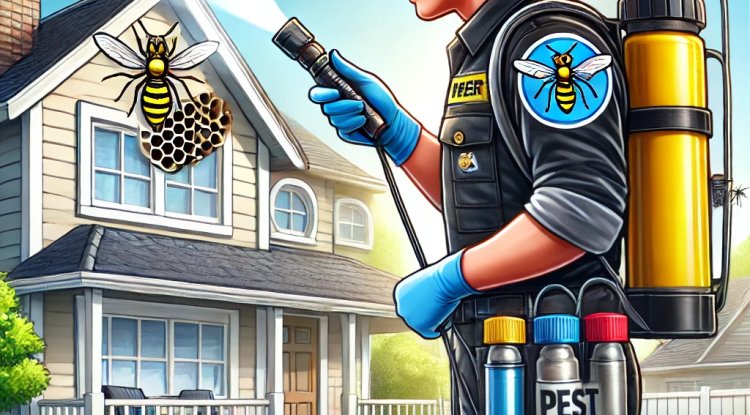Why are the gnats so bad right now? How to get rid of those annoying pests in Phoenix
Pest Management to ensure safe and clean environments. Learn about best practices and the importance of proactive pest control.

As the owner of Pest Control Service Limited, I understand the importance of maintaining clean and safe environments for our clients. Recently, an article from Progressive Grocer highlighted the significance of Integrated Pest Management (IPM) in grocery stores. This approach not only focuses on eliminating pests but also on preventing them in the first place. In this blog, I'll share insights on how IPM can benefit various establishments and how our services align with these practices.
What is Integrated Pest Management (IPM)?
Integrated Pest Management is a comprehensive approach to pest control that emphasizes:
-
Prevention: Identifying and eliminating conditions that attract pests.
-
Monitoring: Regularly checking for signs of pests.
-
Control: Using the least harmful methods to manage pests.
By focusing on these areas, IPM aims to reduce the reliance on chemical pesticides, ensuring a safer environment for both people and the planet.
Why IPM Matters
The Progressive Grocer article emphasizes several reasons why IPM is crucial:
-
Health Risks: Pests can carry diseases that pose health threats to humans.
-
Economic Impact: Infestations can lead to product loss and damage to property.
-
Reputation: Visible pests can harm an establishment's reputation.
Implementing IPM helps mitigate these risks, leading to healthier, more sustainable environments.
How Pest Control Service Limited Implements IPM
At Pest Control Service Limited, we incorporate IPM strategies tailored to each client's needs:
-
Inspection: We conduct thorough inspections to identify potential pest entry points.
-
Exclusion: Sealing cracks and installing barriers to prevent pest access.
-
Sanitation: Advising clients on proper waste management and cleanliness practices.
-
Monitoring: Setting up traps and conducting regular checks to detect early signs of pests.
-
Control: When necessary, applying targeted treatments that are safe and effective.
Our goal is to address pest issues proactively, ensuring long-term solutions.
Best Practices for Clients
To complement our services, clients can adopt the following practices:
-
Regular Cleaning: Maintain cleanliness, especially in food preparation areas.
-
Proper Waste Disposal: Ensure trash is disposed of promptly and containers are sealed.
-
Seal Entry Points: Regularly check and repair doors, windows, and vents.
-
Educate Staff: Train employees on recognizing and reporting potential pest issues.
By working together, we can create environments that are less conducive to pests.
FAQs
Q1: How often should I schedule pest control services?
It's recommended to have quarterly inspections, but the frequency may vary based on the type of establishment and previous pest issues.
Q2: Are the treatments safe for children and pets?
Yes, we use environmentally friendly and non-toxic methods to ensure the safety of all occupants.
Q3: Can IPM be applied to residential properties?
Absolutely. IPM principles can be effectively implemented in homes to prevent and manage pest problems.
Q4: How can I identify signs of a pest infestation?
Look for droppings, gnaw marks, nests, or unusual odors. If you notice any of these, contact a professional immediately.
Conclusion
Adopting an Integrated Pest Management approach is essential for maintaining safe and clean environments. At Pest Control Service Limited, we are committed to providing services that align with these best practices, ensuring the well-being of our clients and the community.
What's Your Reaction?








